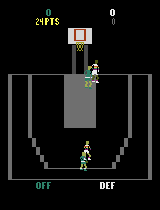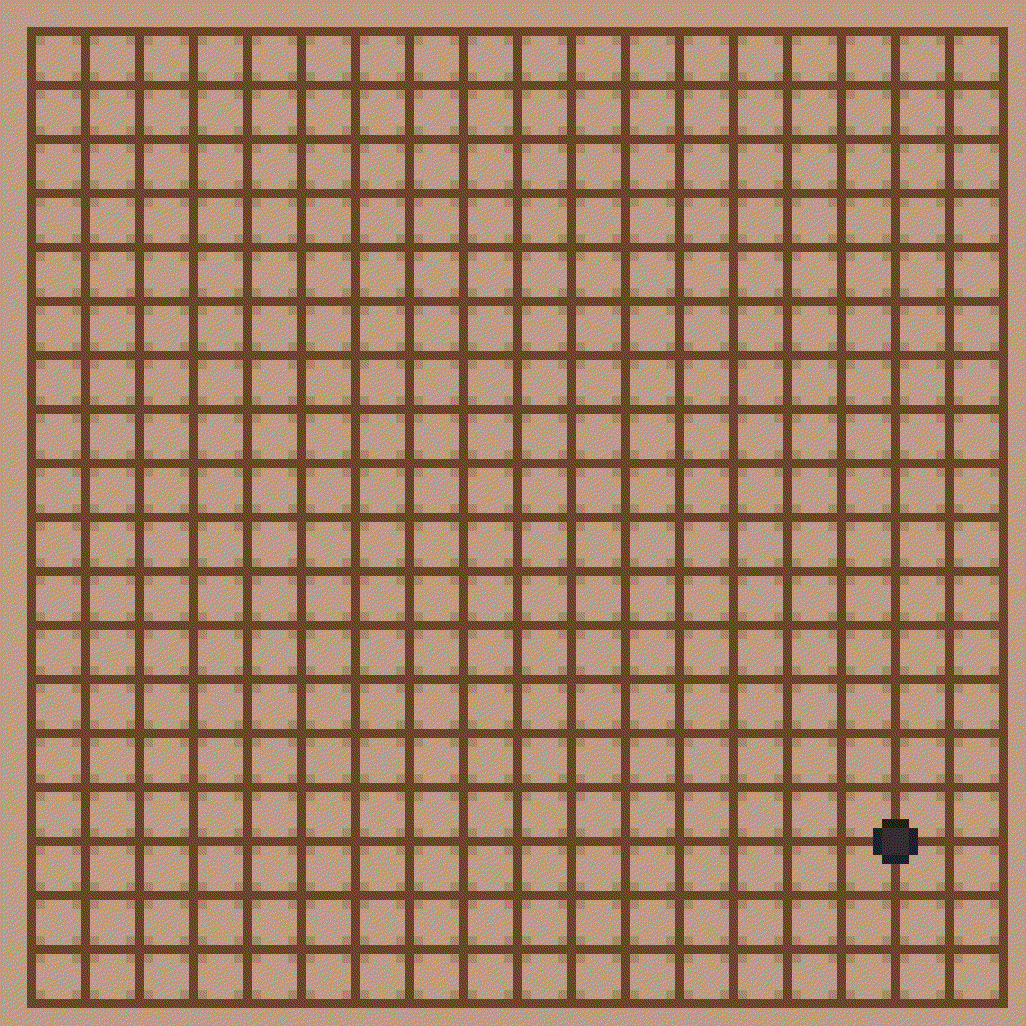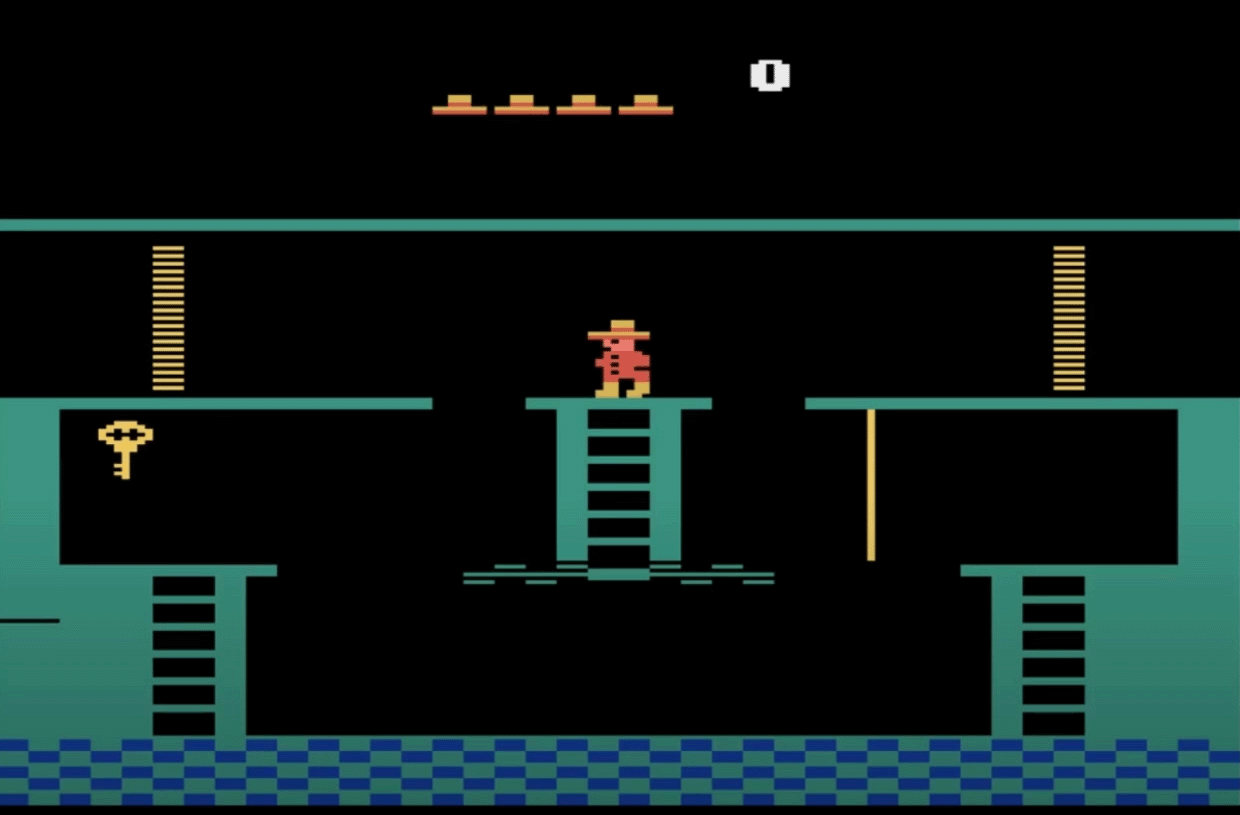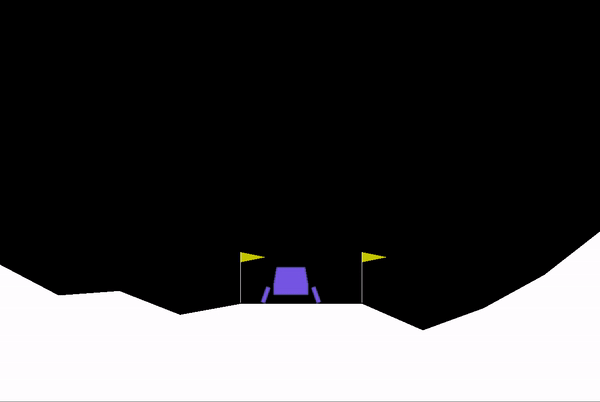Build, train, and operate AI agents in simulated or real environments shared with humans.
Cogment is the first open source platform designed to address the challenges of continuously training humans and AI together.
Why Cogment
Continuously train AIs & humans together
- Less data required
- Real-time adaptation
- Faster training
- Fostering of trust
Orchestrate intelligence ecosystems
- Best of human & AI capabilities
- Human supervision when it matters
- Hybrid AI: Compliance & high performance
- Modular approach: reduce compute usage & faciliate validation
Iterate smoothly from sim to real
- Safe and simple design and training in simulation
- Progressive deployment to real environment
- Real environments, digital twins, numerical simulations, etc.
Cogment Verse is a SDK helping researchers and developers in the fields of human-in-the-loop learning (HILL) and multi-agent reinforcement learning (MARL) train and validate their agents at scale. Cogment Verse instantiates the open-source Cogment platform for environments following the OpenAI Gym mold, making it easy to get started.
Simply clone the repo and start training.




Key features
Multi-actor
Allow multiple agents and multiple human users (all "actors") to exist, train, and work together within the same environment, interacting with one another and their environment. They can be part of collaborative or competitive setups, with heterogeneous roles.
Multi-method
Train agents in various ways using Reinforcement learning (on policy, off policy, Q learning, etc.), Imitation Learning (behavior cloning), Curriculum Learning…
Tech stack agnostic
Develop tech-heterogeneous components working together regardless of the tech stacks used to develop them. Use Pytorch, Keras, or Tensorflow frameworks, with Unity, OpenAI Gym, Petting Zoo or any environments or digital twin simulations.
Multi-experience learning
Run multiple instances of the same agent in multiple and distributed trials / experiences. The accumulated data can be used in a centralized way to contribute to the training of a single agent, or in a decentralized way to train a population of specialized agents.
Implementation swapping
Swap actors in and out from one implementation of an agent to another, from a human user to another, or from a human user to a trained or untrained agent, and vice-versa. Bootstrap training with pseudo-humans or rule-based agents.
Multi-source and retroactive rewards
Multiple Reinforcement Learning (RL) agents can use any number of reward sources; environment (real or simulated), users, other agents. Delays in the evaluation are supported while maintaining live training capabilities.
Hybrid AI
Mix different kind of agents: expert systems, doctrines, search, planners, neural networks…
Optimized for minimal discontinuity between development and deployment
There is virtually no difference between developed and productionized versions of a Cogment project. Develop in an iterative way, with any part of a project being live-developed so iteration cycles between simulated and real environments can happen as quickly as possible.










